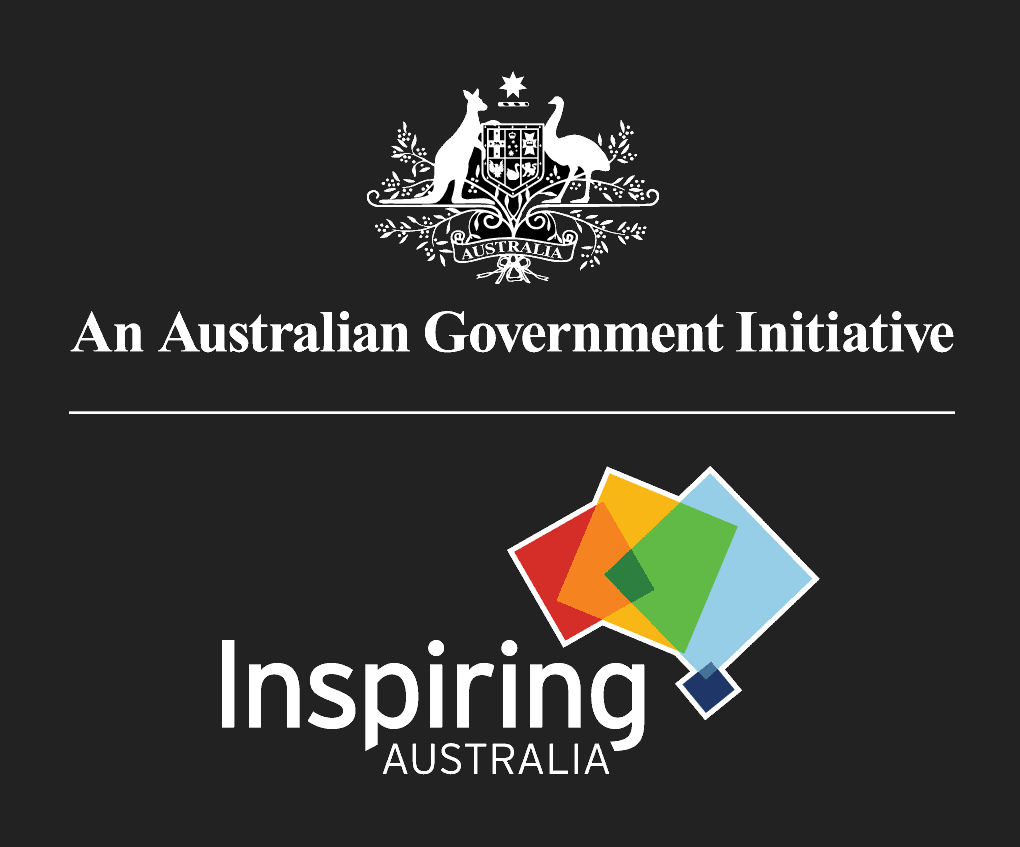When
Monday 3rd Feb, 3:45 pm
Where
Room B1
Hashtag
#M10
Category
Anniversaries
Producers and facilitators
Claire Harris
Sarah Lau
Speakers
Professor Léonie Rennie
Dr Susannah Eliott
Professor Sue Stocklmayer
Dr Cathy Foley
Dr Misty Jenkins
Abstract
An effective science communicator needs to be an effective leader – persuading, engaging, communicating a vision and delivering action. In part one of this session, hear some of Australia’s most influential women in science and science communication as they share their leadership journeys and experiences influencing others. In part two, speak directly with these leaders in an interactive discussion on the themes from part one and workshop practical approaches to develop a culture that enables and values science communication.











z
Have you got a question for our spectacular panel? Post it below!
I think that science communication in Australia has reached a point where it needs to take a step up to the next level. We’ve made it through adolescence and now it’s time to become adult and really cement Sic Comm as a career and a profession.
To me, most of the workshops, discussions and focus in previous conferences has been around sharing stories and those new to the profession requesting guidance. This is fine, but has been to the detriment of offering development opportunities to those who have been working in the field for sometime and want to take Sci Comm to the next level. I have found this frustrating.
I think this workshop is going to begin this conversation and I am quite excited about it and thankful to the organisers for planning it.
I’d like to ask the panel and attendees to consider and address the following points:
1. Where will Sci Comm be in 10 years?
2. How do we get it there?
3. How do we develop a culture that allows roles in Sci Comm to be seen and treated as professional roles? So many jobs contain a mixed back of random duties and often we are solo operators in an organisation. One minute we could be developing a strategic plan, the next buying biscuits for a meeting. I understand many roles may have this dichotomy, but I would be thrilled to see it minimised in Sci Comm.
4. I think Australian Sci Comm needs a leadership team to consider the future of Sci Comm, work on the aims and goals it sets. We need to keep moving forward. ASC has provided a beacon, but I think resources are required and attention given to planning for the future. Everyone I know who volunteers for ASC committees etc is already flat out in their work life and while they have the best of intentions, ASC work is something that is always done last minute/quickly/reactively. Without resourcing this won’t change and we can’t expect it to.
5. How can we develop more career progression in the field? It is a shallow pond at present.
6. Mentoring for those new to Sci Comm is a relatively straightforward process. But how can we find challenges, growth and mentors for Science Communicators who are mid career? I’m mid career and I’m lost, what can I do next?
Thank you!
Emma
Is there enough interaction with practitioners e.g. from media, universities and research institutions, industry, what are best practices and how to improve?
Looking forward to this panel session with so many interesting women.
I’d like to know:
Which people have most influenced you on your journey? What important and useful things did you learn from them?
I would like to know what guides leaders’ strategies for communicating science for their organisation (or their own science)? How do they decide what the bigger picture looks like in terms of which media to use, which messages work, and which other ways engage their broader audiences? Is it simply a gut feeling on what is best for the organisation, or is it structured and planned based on what we know from research about effective communication? And what does the future for science communication look like for them – are the leaders in science communication truly embracing what we are learning about the science of science communication and making real changes to the ‘science and society’ relationship?
Interesting question Vicki. I think the session on Monday morning with NHMRC, CSIRO will be a good one to add this comment to as well. There are many people from so many organisations attending the conf that it will be a great opportunity to find out more about these issues.
I have been banned from commenting at the Conversation website, apparently because I use two email addresses, and a dissenting view.
This is despite there being no term or condition stipulating this.
You can’t communicate in an echo chamber where you shut people out simply because you don’t agree.
Now I don’t even read the website.
There is a lesson in communication for free.